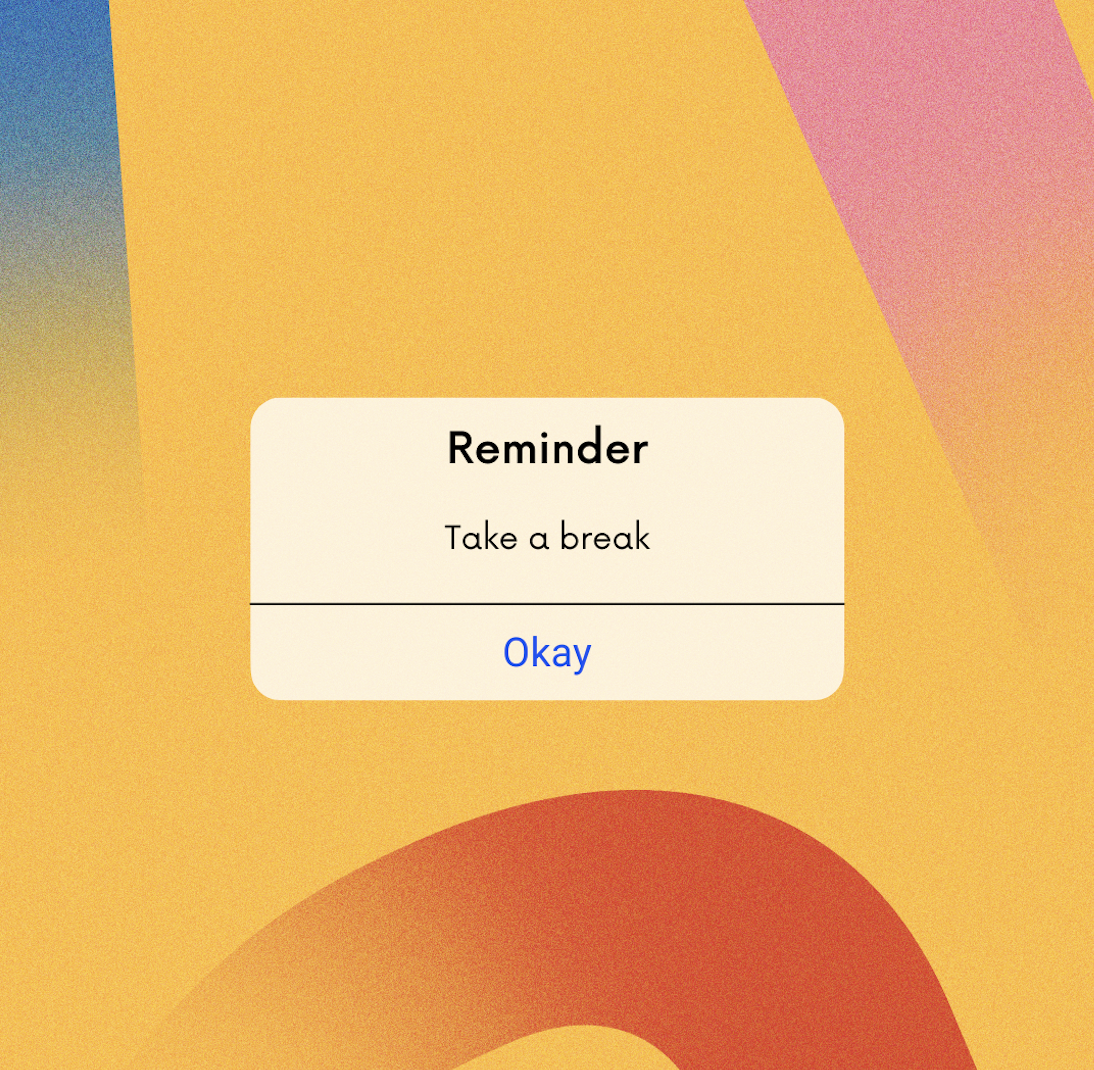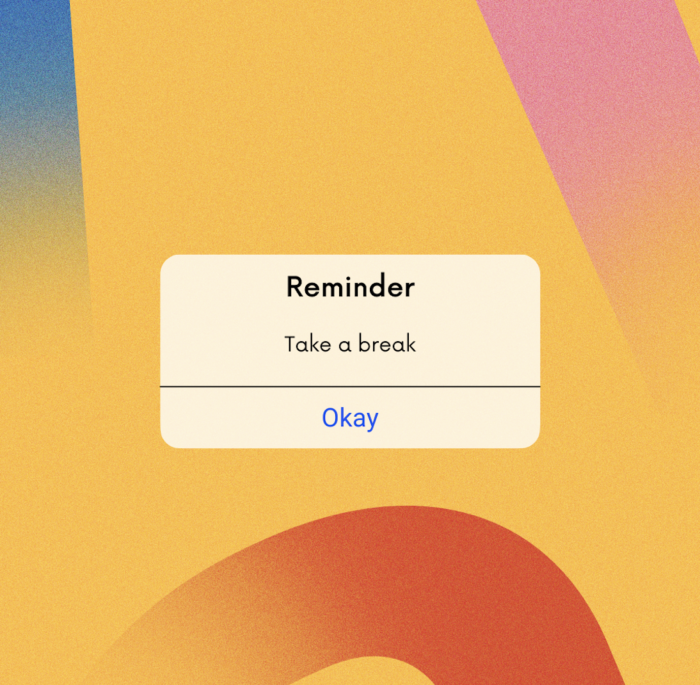Social media often gets a bad reputation for being associated with negative outcomes and detrimental effects on mental health. However long your personal daily screen time, you will have definitely seen the headlines about the harm that social media can cause.
While social media can be great for building relationships, raising awareness and keeping up with friends and family, it can seriously affect your mental health. For example; increased social media usage has a positive correlation with the likelihood of burnout, depression and anxiety plus, it can even mess with your sleep.
This #WorldMentalHealthDay, we’re sharing some of our top tips to help protect your mental health on social media.
- Take a break and monitor your screen time
It sounds so obvious. But we’re all guilty of constantly scrolling and refreshing apps while we’re watching tv, or on the tube. According to Uswitch’s 2022 Survey, the average screen time among UK adults is five hours per day, in addition to any screen related work. That is quite a chunk of your day, right?
On your phone, you can track and monitor the time you spend on social platforms. You can also set time limits and reminders within apps like Instagram and Facebook. Why not cut that time down and learn a new skill, or experiment with a new hobby?
Plus, cutting down your screen time can help avoid burnout, which is characterised by feelings of energy depletion or exhaustion, including the constant urge to refresh those apps and the inability to fully “switch off”. Make sure you take 15 minutes to step away from your phone and actually switch off from the apps.
- Prioritise Self-care
Self-care is an act of prioritising aspects of your wellbeing, so you’re equipped for anything that comes your way. Whether you opt for yoga, meditation, or a strict no-scrolling two hours, there are plenty of ways to help calm and de-stress your thoughts. There are a number of useful apps available, like; headspace, calm, and even Spotify’s daily wellness playlist which encourages mindfulness.
- Ask For Help When You Need It
While mental health awareness is increasing, unfortunately, many people still face challenges getting the help they need. Speaking to a trusted friend or family member, or colleague can help.
If you’re not able to ask your peers for help in your workplace, there are other resources available. You can:
- Call the Samaritans – Call 116 123
- The Samaritans offer free emotional support 24 hours a day – in full confidence
- Text the Crisis text line – Text Shout to 85258.
- If you’re experiencing a personal crisis, are unable to cope and need support.
- Talk to your GP
- Your GP can refer you to specialist services






